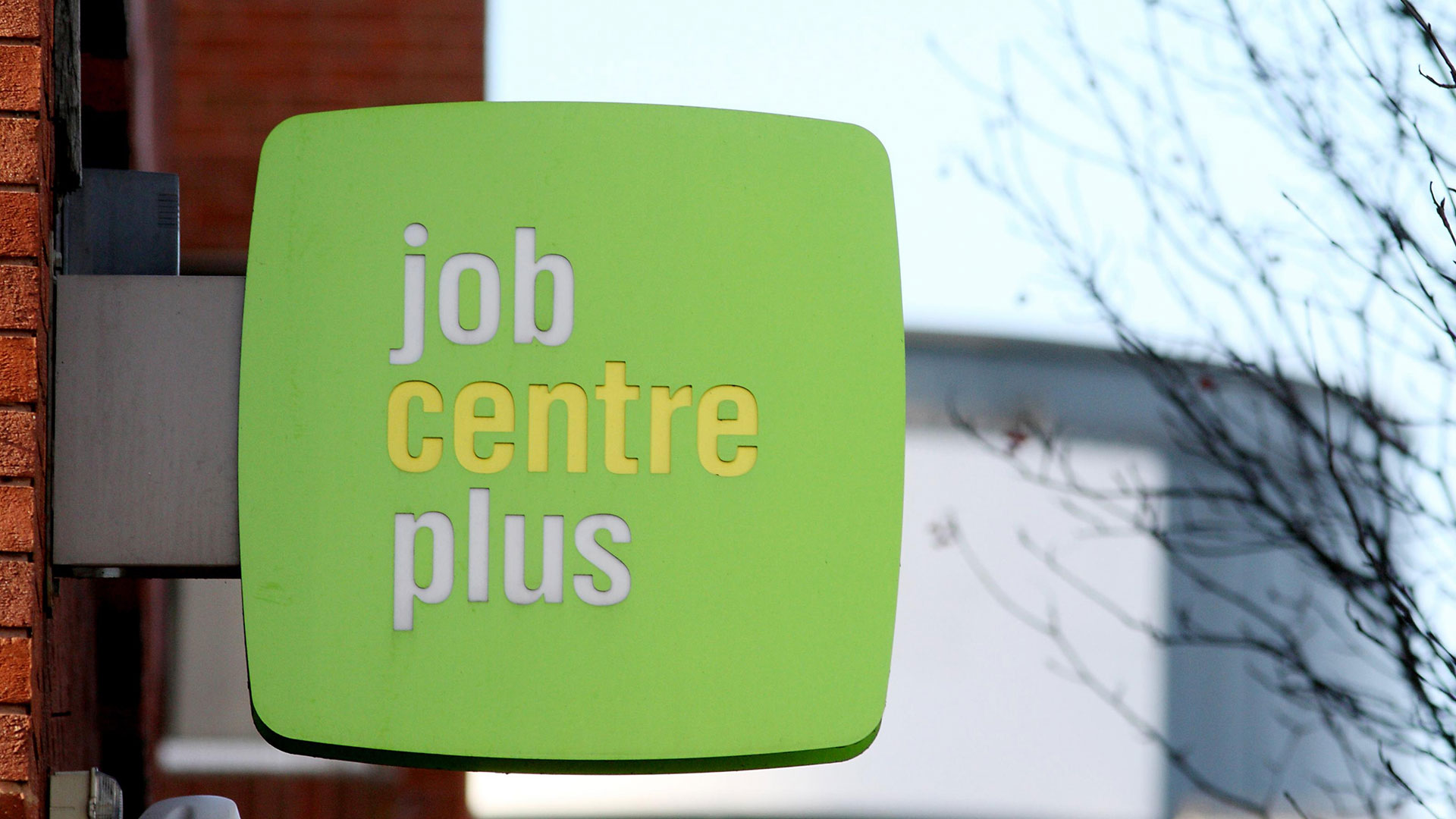“Now is not the time to be cutting Universal Credit or cutting back on employment protections,” he said.
“In fact we need to do more to support low-income households, reform sick pay and ensure that workplace rights can be properly enforced. Looking further ahead, we need to plan now for the recovery and ensure that we put full employment and decent work is at the heart of it.”
A total of 2.6 million people are expected to be out of work by the middle of 2021, according to Chancellor Rishi Sunak’s Spending Review forecast.
The furlough scheme, which allows employers to place workers on leave and continue paying them, has been extended until April, but many have already been made redundant.
The latest figures show the number of “payroll” employees has fallen by 819,000 since February 2020, with 1.69 million people out of work in total.
Advertising helps fund Big Issue’s mission to end poverty
According to the new report, lower-paying jobs likely to have been affected were in manufacturing, hospitality, residential care and construction.
However, the authors said while employment was falling for the low paid, the numbers finding work had increased in higher-skilled industries.
Public services, technology and finance had bucked the trend, the researches found, warning this could risk “growing polarisation” in the jobs market and widening inequalities.
The new research was paid for by the Standard Life Foundation, which funds research to tackle financial problems and improve living standards.
Advertising helps fund Big Issue’s mission to end poverty
Mubin Haq, its chief executive, said the stark new findings highlighted how the pandemic had affected those on the lowest incomes.
“This report provides further evidence of the pandemic’s severe impact on the low-paid,” Haq said.
“Lost jobs, reduced hours, insecure work, meagre sick pay. We have seen some progress but culture and practice remains poor in too many places.
“More action on incomes, protecting rights and employment support is needed if we are to ease the financial pain and insecurity many families are facing.”
The report concluded ministers could better support low paid workers through the crisis by extending “flexible furlough” through to Autumn, maintaining the £20 uplift in Universal Credit, reforming sick pay, investing in skills and improving protections for workers.
The Big Issue is committed to helping keep the UK in their jobs and in their homes through the pandemic and beyond. Register for our jobs and training programme to get free training, regular careers advice and access to hundreds of thousands of job listings. Sign up here.
Advertising helps fund Big Issue’s mission to end poverty









